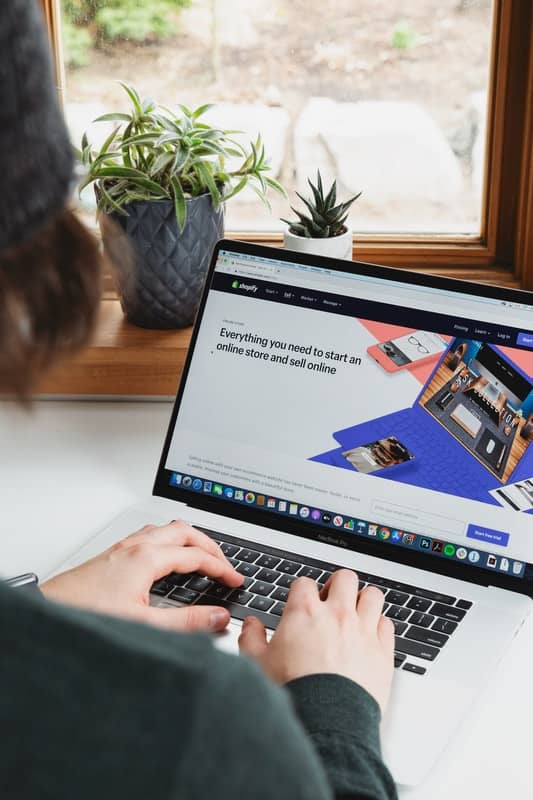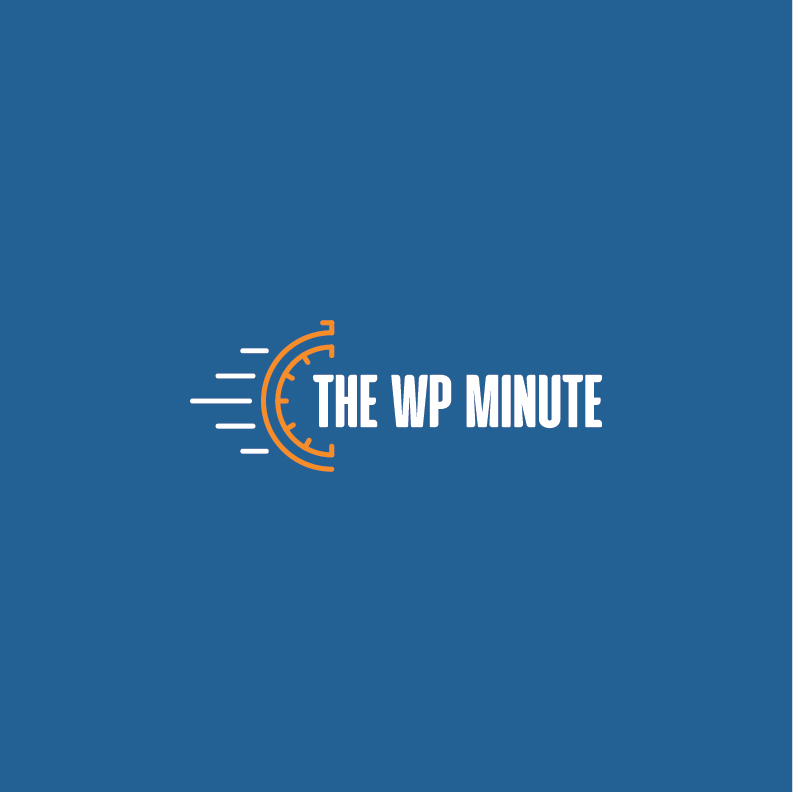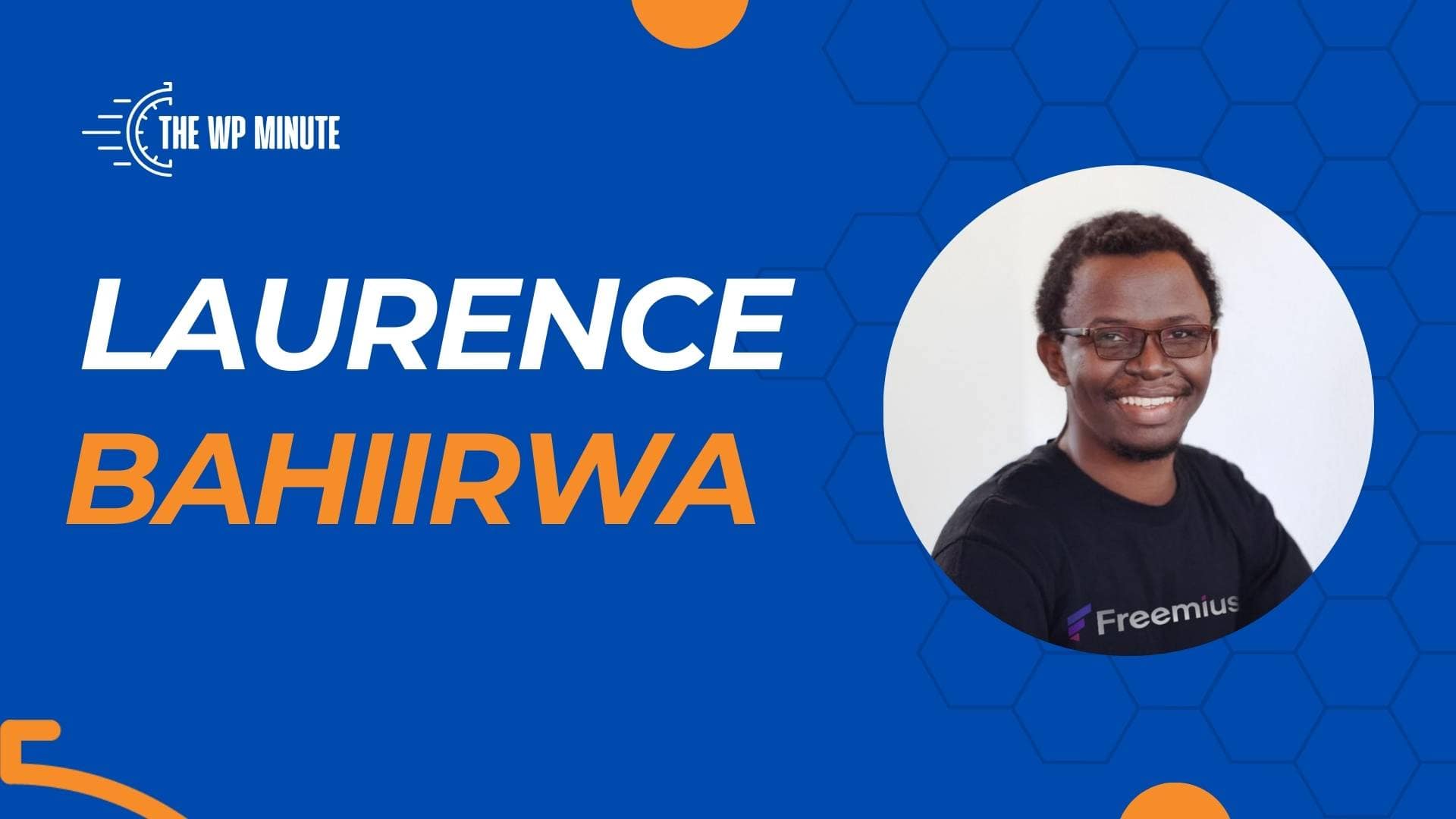We all need to make a living. Sometimes, we take a job out of need rather than preference. There are bills to pay and mouths to feed. It’s how the world works, after all.
However, being a freelancer is different. It serves our basic needs, but is capable of so much more. We choose this path to fulfill bigger dreams and aspirations. The idea of doing what we want, the way we want, is compelling.
Web development, and WordPress in particular, is a great vehicle to help us achieve our goals. The combination of open-source tools and ethos serves as a starter kit. We have nearly endless options from there.
Finding your place in the industry is the fun part – and the most challenging. You’ll hear advice telling you who to work with and how much to charge. There are people who “guarantee” success if you do what they tell you.
Most of the advice is well-meaning. We like to share what’s worked for us. The trouble is, we all have a different set of circumstances to work with. We have different backgrounds, family situations, strengths, and weaknesses. And success means something different to each of us.
That’s why making a living with WordPress isn’t a one-size-fits-all proposition. As a freelancer or agency owner, you have the power of self-determination. You get to choose the tools, processes, and projects that align with your goals.
The answers aren’t always obvious, however. Finding them takes experience and deep thought. Let’s explore some ways to discover the perfect path for your freelance career.
Define Your Short and Long-Term Goals
What do you hope to achieve with your business? Perhaps you’d like a flexible schedule and sufficient income to save for the future. Or you might want to grow into a full-fledged agency, with employees and big projects.
There are many possibilities, and your goals can be big or small. The idea is to define what you want to do in the short and long terms.
Short-term goals could be as simple as recruiting a new client. You might also look for specific types of clients. That might be an organization within an industry or price range, for example. Working with particular plugins or types of websites is also a common choice.
Long-term goals can motivate you to work toward something bigger. Moving to a dedicated office, expanding your services, and purchasing a high-end computer are prime examples.
These goals can also be related. For instance, checking off several short-term goals will help you achieve a long-term one. That means every bit of progress is a step in the right direction.
Create a Plan for How to Get Where You Want to Go
Setting goals for your freelance business is the first part of the equation. The next step is creating a plan to help you get there.
You can personalize your plan to suit your needs and preferences. It involves everything from choosing tools to developing a marketing strategy. There’s freedom to be as meticulous (or not) as you wish.
Regardless, there are a few important details you’ll want to address:
- Budget: Determine how much it will cost to do what you want. Estimate your spending on plugins, web hosting, advertising, and other related services.
- Timeline: Consider how long it will take to execute your plan. It’s best to be realistic, as building a successful business requires time and effort. Remember that shortcuts are rarely as effective as they sound.
- Tools and Resources: WordPress may be the foundation of your projects. What else will you need? Think about your tech stack and available human resources. That includes whether or not to work with other freelancers or bring partners into your business.
Planning isn’t always easy – especially for new businesses. It’s OK to make general estimates if you don’t have all the details yet. Defining parameters to work within is beneficial, even if they’re not perfect.
Be Open to Change
Your experiences as a freelancer may vary. Sometimes, the thing you wanted turns out to be different than what you expected. New opportunities, such as artificial intelligence (AI), can arise at any moment.
That’s why it pays to keep an open mind. You’ll need to take advantage of industry shifts to ensure your long-term viability. Not to mention that your needs and life situation will change through the years.
Flexibility is essential in web development and business. Look for shifts regarding the tools and processes you use. There may be a point when they become counterproductive or technological dead ends. Adopt something new when it makes sense.
The same logic applies to your clients. Some relationships are worth maintaining, while others may cost you time and money. Consider severing ties with troublesome clients or those that no longer fit within your niche.
Change can be a scary thing. However, you might be surprised at how quickly you can adapt to something new. It can benefit your business time and again.
Freelancing Means Having It Your Way
There’s no singular path for becoming a successful freelancer. That’s what makes it a fun and challenging career choice. You get to decide the details.
You can follow the advice of your peers – or not. There’s plenty of room for experimentation with strategies, pricing, and client niches. It’s a great learning opportunity, and you might discover something unexpected along the way.
Besides, finding something new is half the fun. Your ability to adapt to a changing industry will keep your business relevant over the long haul. Doing so ensures that your skills stay on the cutting edge.
So, think about what freelancing means to you. Set goals for your business and create a plan to achieve them. In other words, do it your way.
Join The Newsletter
Get your favorite 5 minutes of WordPress news for busy professionals every week — 100% Free! Join the WP Minute Newsletter below 👇








